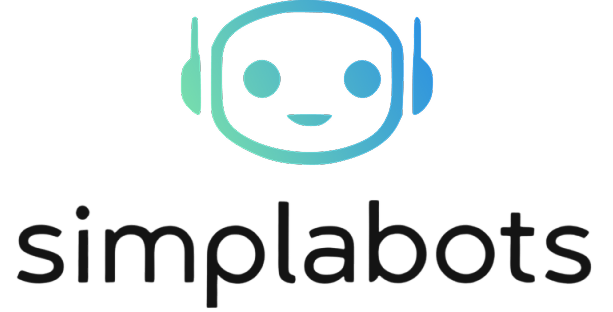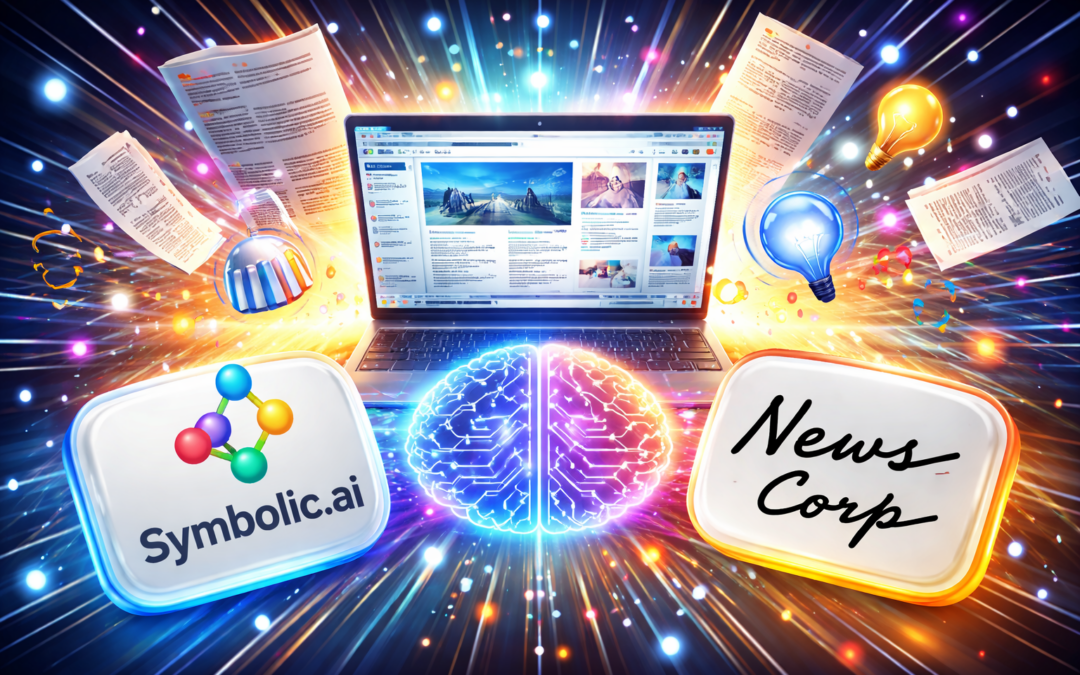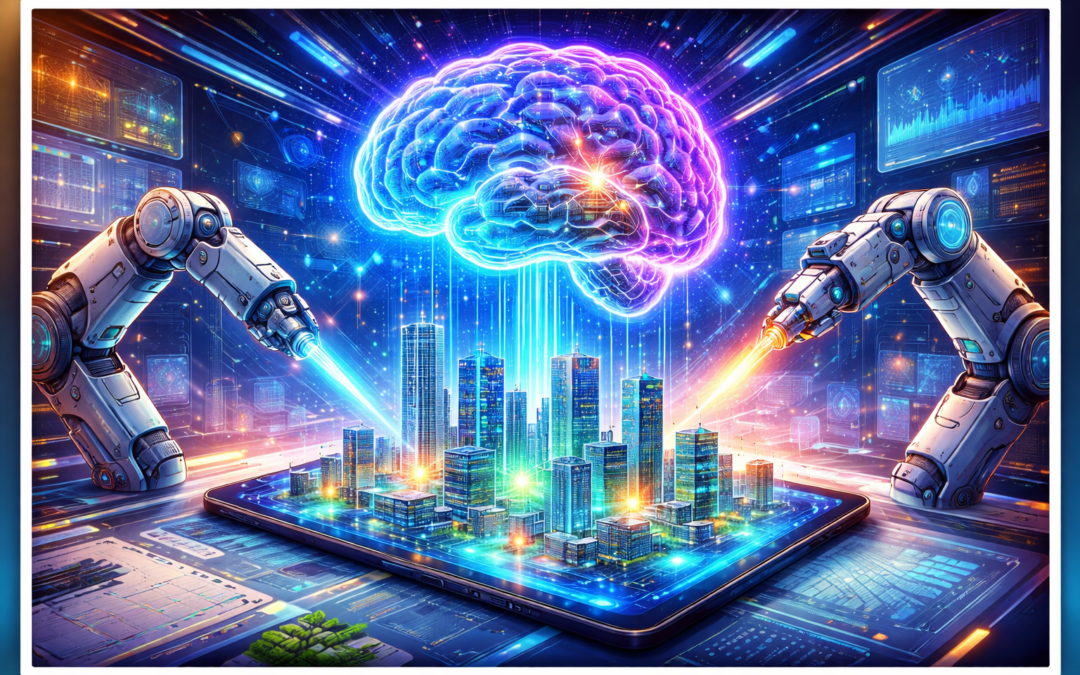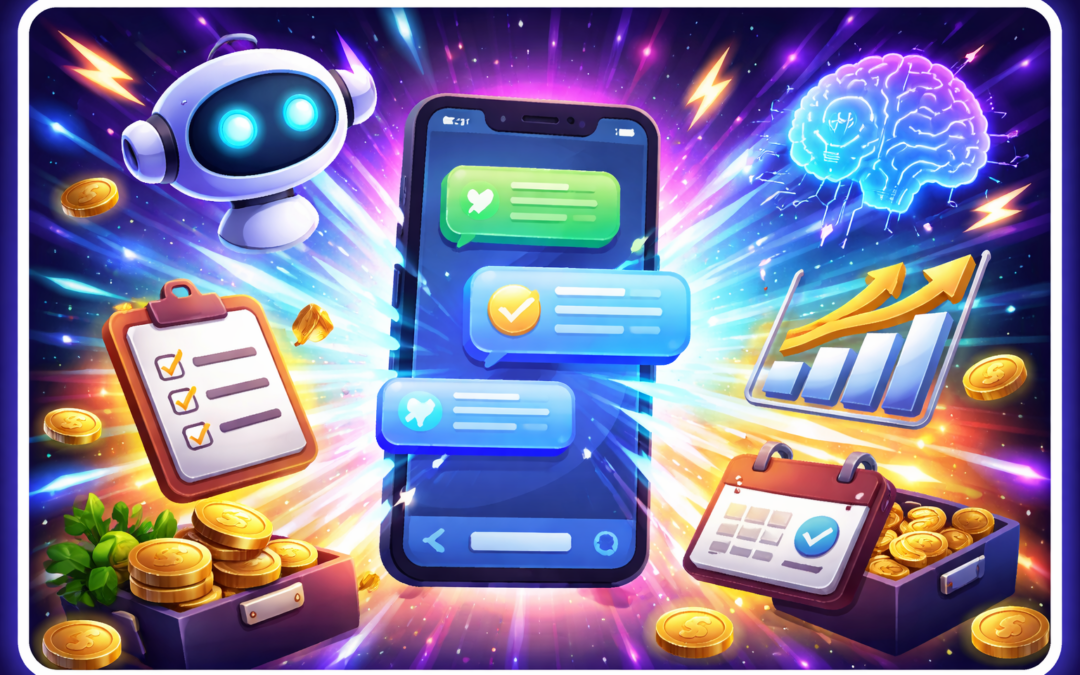AI research has accelerated rapidly in recent years, and leaders in the field are now making bold predictions: OpenAI CEO Sam Altman recently stated that his company will have a legitimate, autonomous AI researcher by 2028.
This claim signals a major leap in the application of LLMs and generative AI, with tremendous implications for developers, startups, and professionals across the tech ecosystem.
Key Takeaways
- Sam Altman predicts OpenAI will create an autonomous AI researcher before 2028, moving AI beyond human-assisted discovery.
- Experts see this milestone as a leap toward self-improving AI and true scientific discovery by machines.
- Concerns grow over the ethics, safety, and transparency of letting AI independently generate original research.
- Developers and AI professionals must consider new tools, workflows, and risks in this era of autonomous research agents.
- Startups stand to benefit from breakthroughs but also face competition from autonomous AI-driven innovation.
Altman’s Vision: A New Era for AI Research
OpenAI CEO Sam Altman recently told TechCrunch that he believes OpenAI will develop a “legitimate AI researcher” within the next four years.
This AI would not simply analyze data or generate summaries, but would autonomously propose hypotheses, design experiments, and contribute original findings to scientific fields.
“Unlike current large language models, this next-generation AI would push the boundaries of scientific knowledge with minimal human intervention.”
Altman’s remarks follow recent advances in agentic LLM architectures.
Industry coverage from CNBC and Engadget highlights that OpenAI’s timeline is ambitious but plausible, as generative AI continues to outperform in benchmarks and even contribute to protein folding and chemistry research.
Implications for AI Professionals and Developers
The move toward autonomous research agents will disrupt existing workflows in AI product development, developer tooling, and scientific research:
- Developers will need to integrate these agents into modern ML pipelines, ensuring safety mechanisms for self-directed investigation.
- Researchers must adapt to collaborating with AI entities that may outpace human reasoning or uncover new domains of knowledge.
- Startups have new opportunities to build platforms around autonomous discovery—yet face increased competition as these agents accelerate the pace of innovation.
“The democratization of advanced research through AI could both empower small teams and upend traditional research hierarchies.”
Ethical and Regulatory Questions Loom
As AI approaches researcher status, new questions arise about attribution, transparency, and reproducibility.
The scientific community emphasizes the need for robust safety checks, open publishing, and thorough auditing to ensure that AI-generated knowledge is reliable—and not biased or misleading.
Leading voices in AI policy—from the MIT Technology Review to regulatory stakeholders—urge companies to adopt strong governance for these next-generation AIs.
“Unleashing fully autonomous AI researchers without oversight could pose unforeseen risks—transparency and accountability must remain top priorities.”
Looking Ahead
By targeting 2028 for a legitimate AI researcher, OpenAI raises both anticipation and debate. If realized, this milestone could redefine scientific progress, accelerate startup innovation, and challenge the social contract around discovery itself.
As the AI landscape evolves, developers and professionals should monitor these advances closely—while pushing for robust standards to ensure human benefit and trust.
Source: TechCrunch











